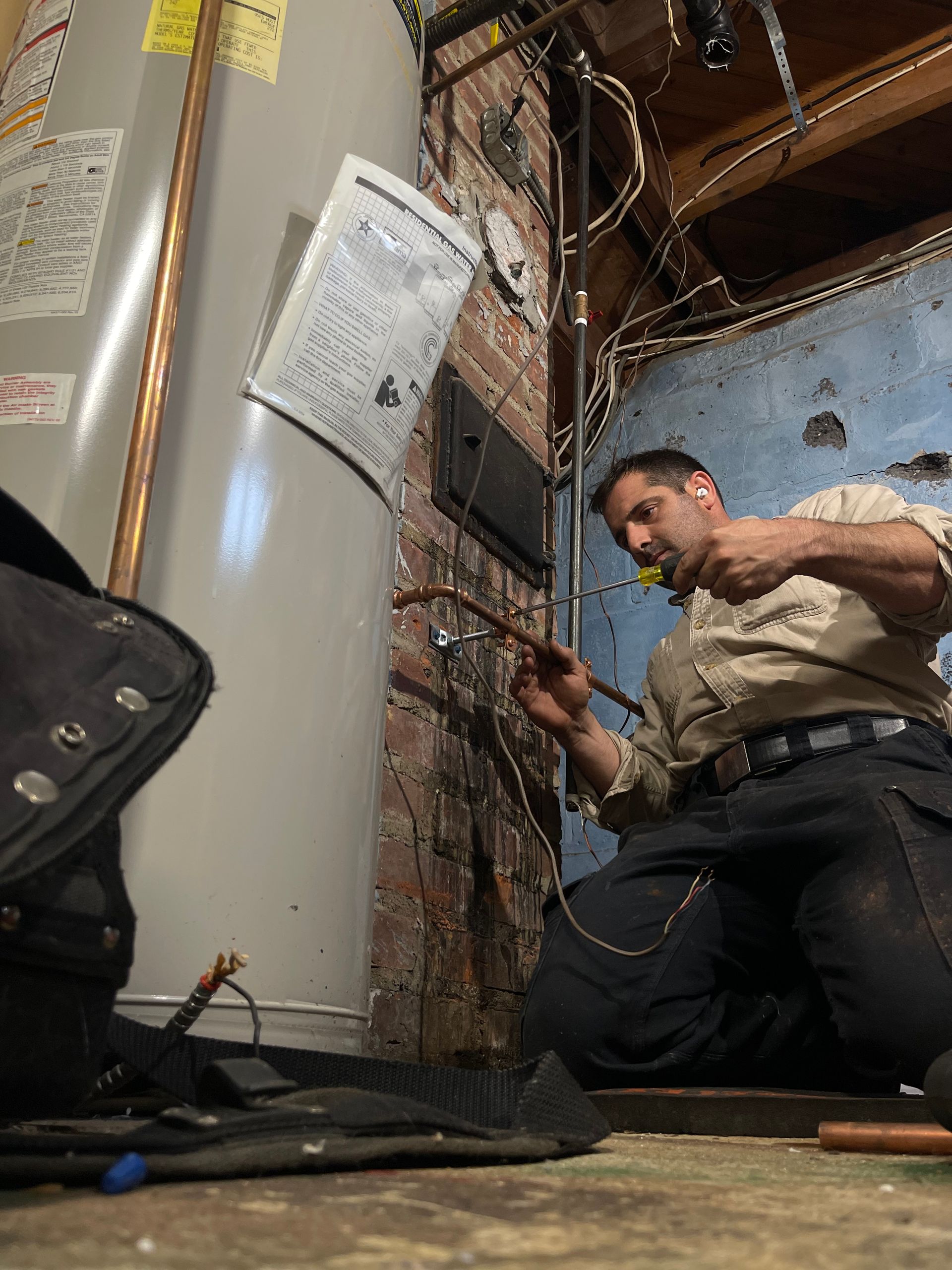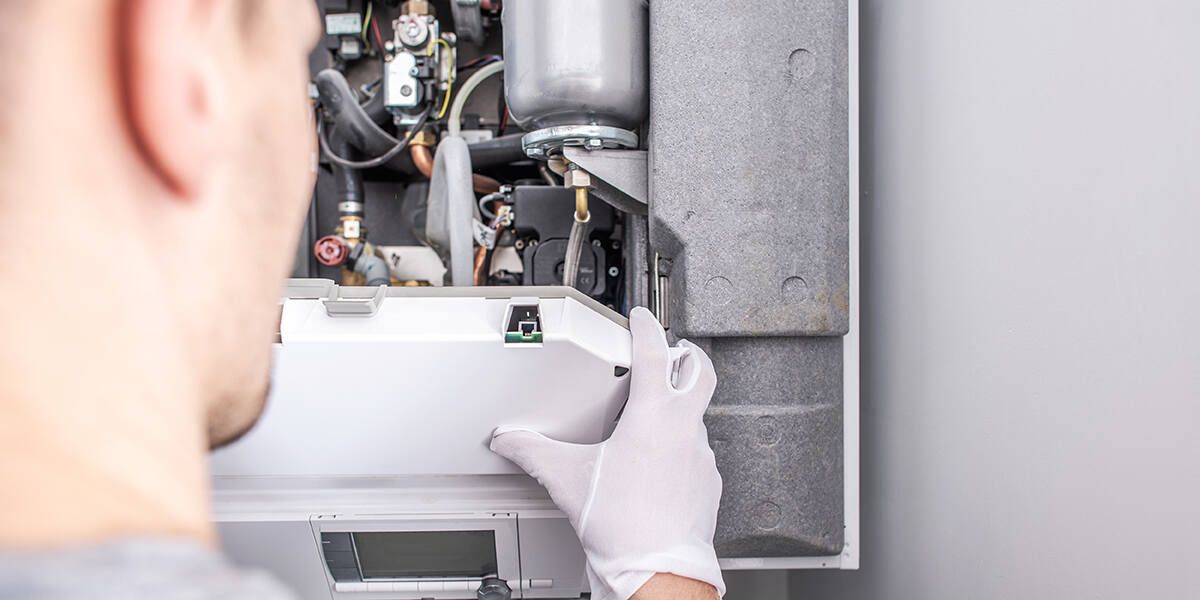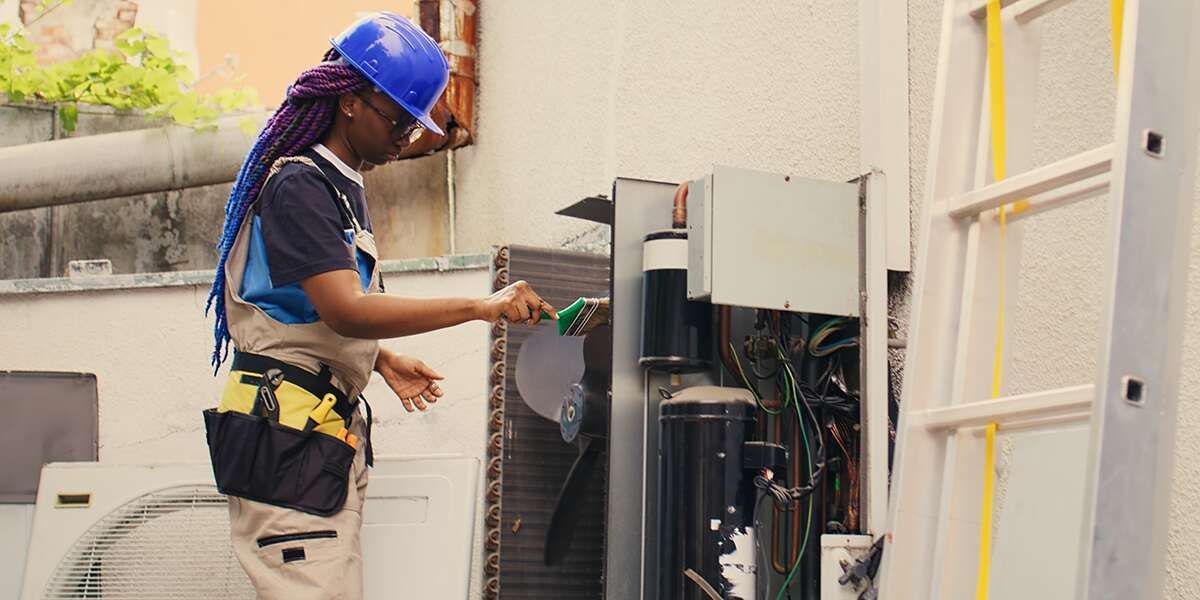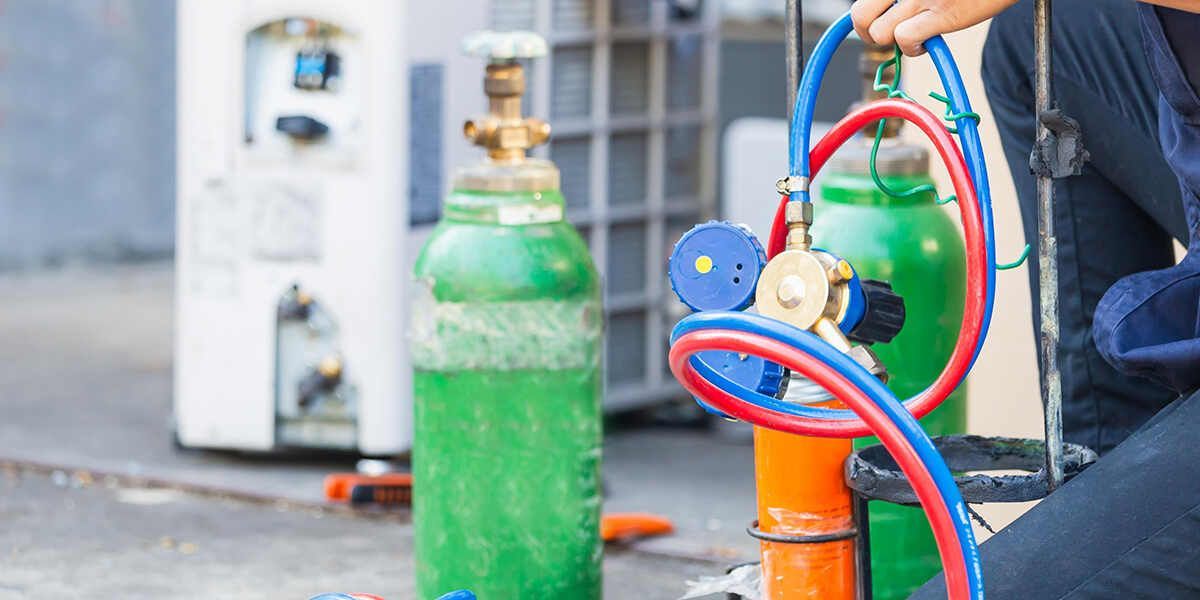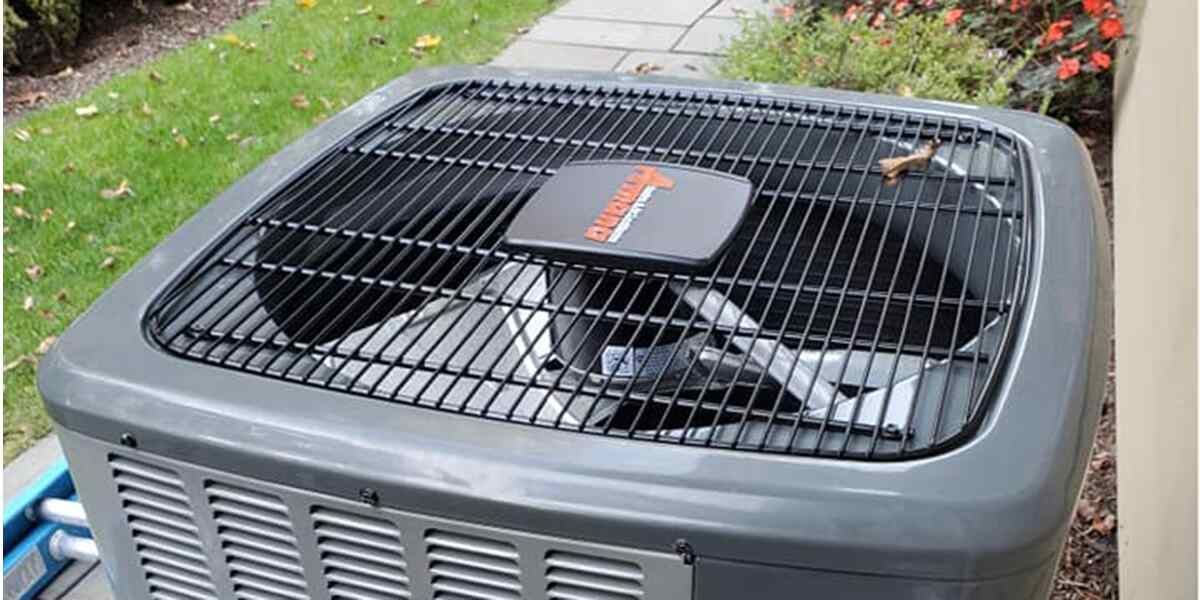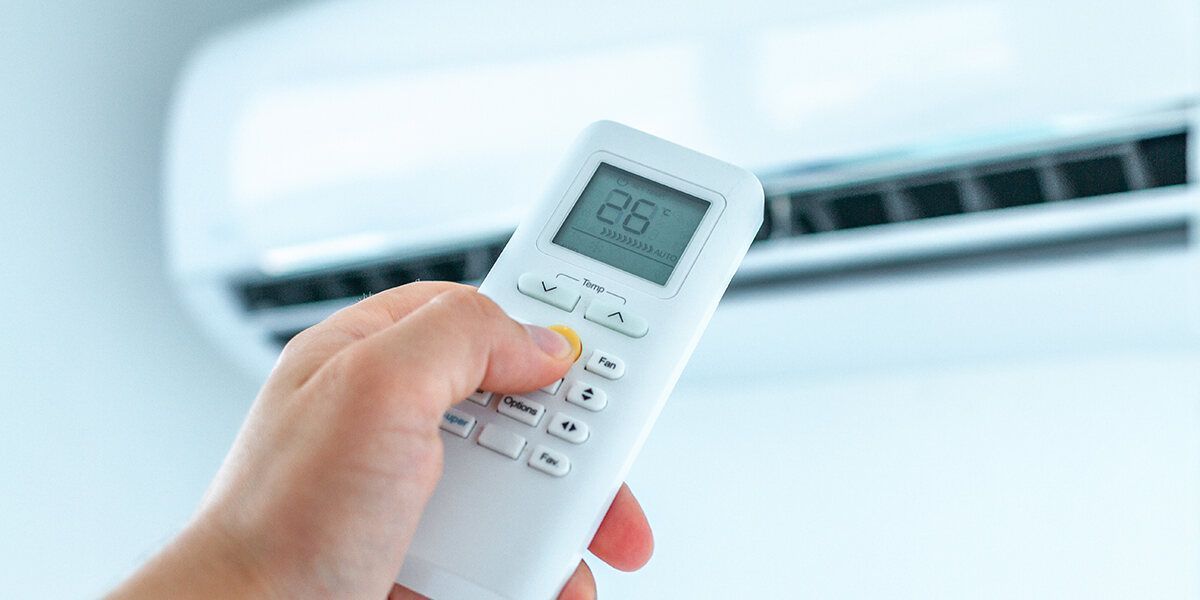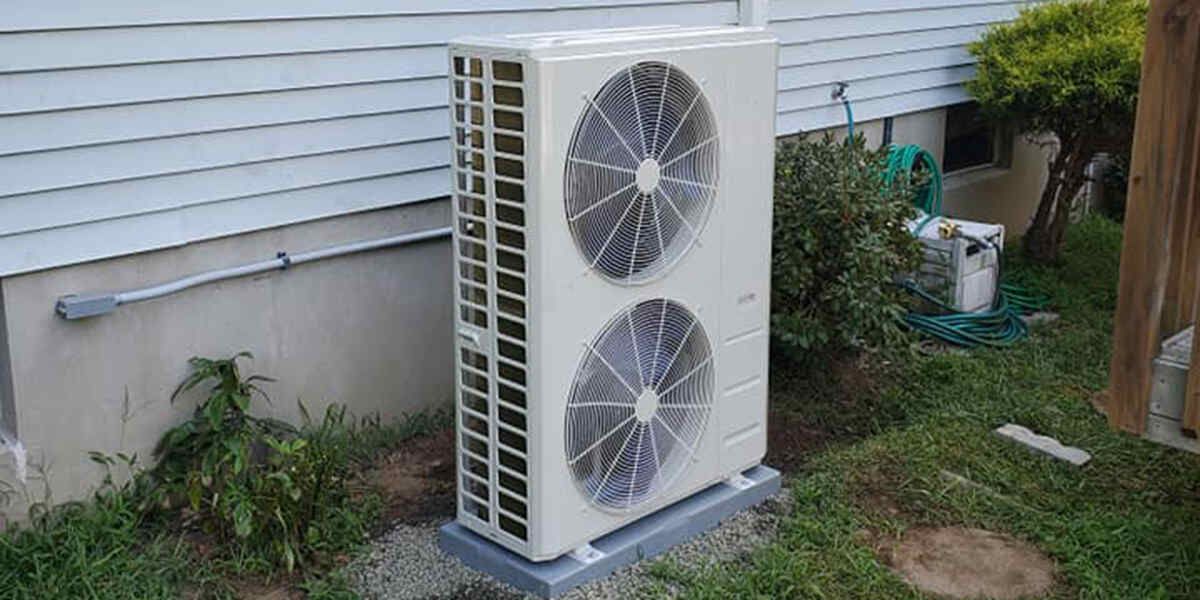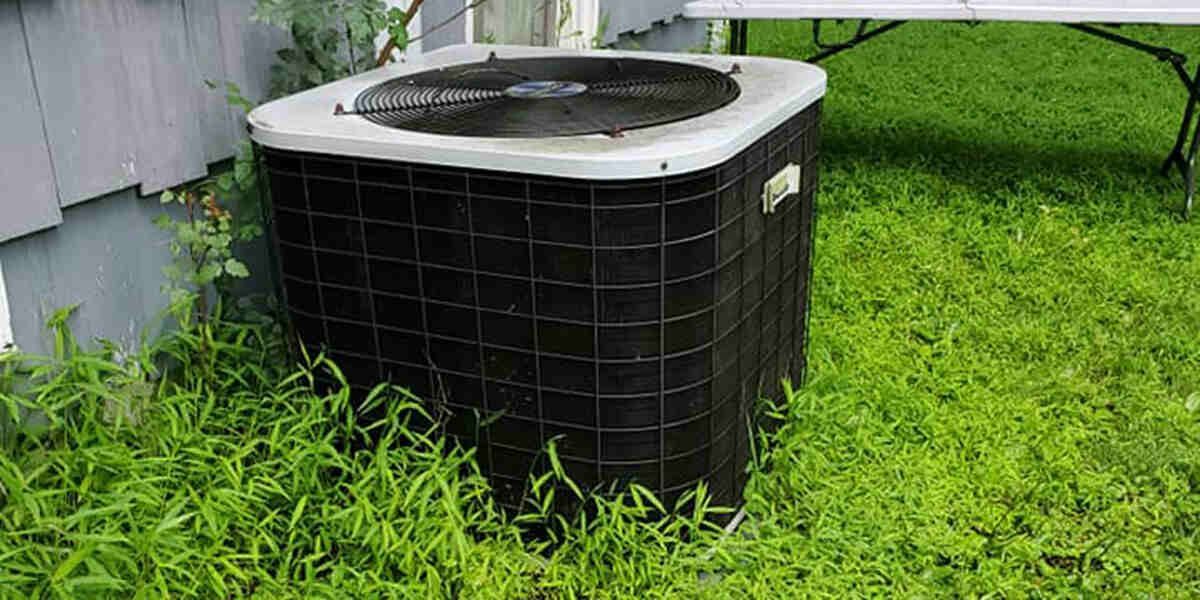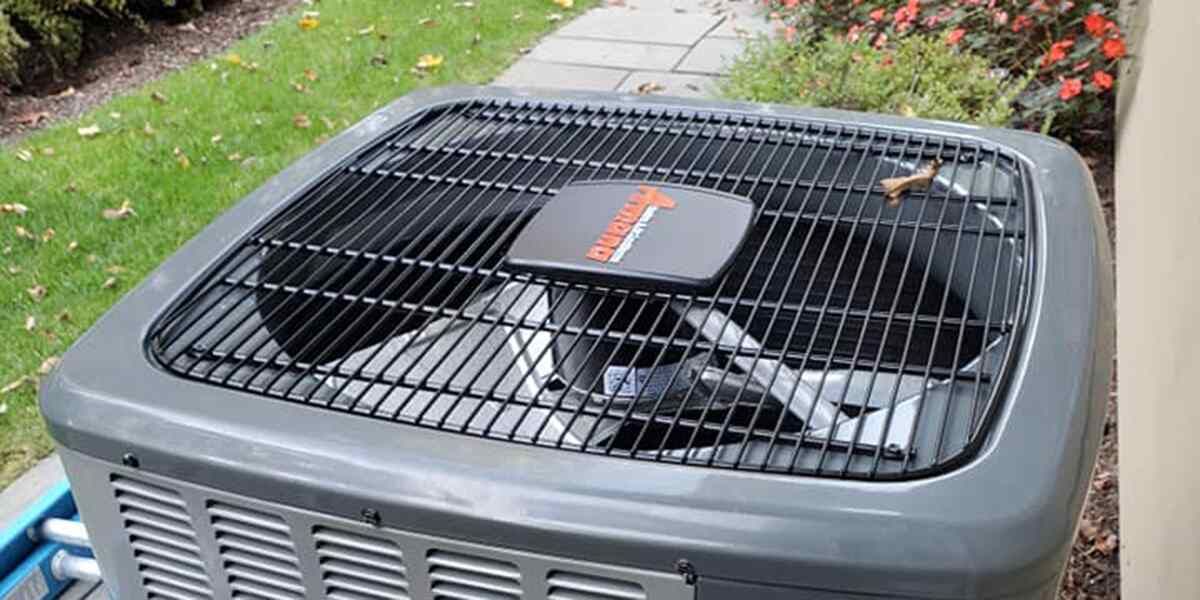What Is Short Cycling in HVAC Terms: Here’s What You Should Do
Comfort Specialists
Modern HVAC systems utilize a complex array of sensors and processors to control temperatures and operation. One of the most common control problems with modern AC units and furnaces is short cycling. When short cycling, your HVAC system turns on and off repeatedly, causing it to run less effectively.
Short cycling can be a big issue. So today, the team at Comfort Specialists will answer your question, “What is short cycling?” and what you can do about it.
Feel free to call us if you would like to learn more about Comfort Specialist’s HVAC services in Morris County!
What Is Short Cycling?
Short cycling refers to when your AC unit or furnace rapidly turns on and off for a period of time, never completing a full cycle. Since the cycle is too short, your HVAC system cannot heat and cool properly. Frequently turning on and off also makes your heating and cooling system work harder than usual, increasing the risk of breakdowns and malfunctions.
What Causes Short Cycling?
Short cycling refers to both a problem in itself and a symptom of a larger problem with your HVAC setup. Let’s review some of the most common issues that can lead to short cycles.
Thermostat Problem
The thermostat is responsible for sensing temperature and telling the system to turn on and off when the temperature falls within a certain range. Most modern thermostats are programmable, so you set them to respond to specific temperature ranges.
If your HVAC keeps kicking on and off, the culprit could be the thermostat. For example, if your thermostat sits next to a window that gets a lot of sunlight, it can cause it to misread temperatures, leading to short cycling.
Broken Compressor
Another common cause of short cycling is a broken air compressor. A malfunctioning air compressor may stop operating before completing its cycle, causing it to restart shortly after. The end result makes your compressor run more than necessary due to all the switching.
Wrong Unit Size
Modern AC units and furnaces are rated for specific square footage. If you have a unit that is too large for your space, it will cycle on and off as it quickly heats/cools your rooms. Having the right size unit for your house can reduce your energy bills and prevent your system from overworking itself.
Electrical Problems
Sometimes, short cycling results from larger electrical problems with your home’s breaker. AC units and furnaces draw a lot of power, so they may flip auto-shutoff mechanisms if your electrical system becomes compromised. Also, short cycling could result from broken sensors that cannot accurately measure temperatures anymore.
Blocked Vents
Short cycling can also be caused by blocked vents and ducts. Your duct system distributes air through your home and reduces HVAC pressure through airflow. Blocked vents restrict airflow, causing your AC or furnace to turn on and off rapidly.
Lack of Maintenance
Another cause of short cycling can be a lack of general maintenance. Dirty filters, clogged coils, or cracked heat exchanges can make your system less efficient, resulting in it cycling on and off more frequently. For instance, leaking condenser coils can make your system cycle more to cool rooms.
Why Is Short Cycling Bad?
Now that you know what is short cycling, we can discuss its problems. Short cycling is bad for your HVAC as the constant on-off cycles put a strain on your system and components. Aside from damaging components, short cycling can:
- Increase your energy bills. HVAC systems have powerful motors that take a lot of energy to operate. Frequently cycling makes your system expend more energy, leading to higher heating and cooling bills.
- Create temperature imbalances. Frequent cycling makes your system less efficient at heating and cooling. This can result in uneven temperatures throughout your house, especially between the first and second floors.
- Increase repair frequency. Constant cycling puts more strain on HVAC components such as the motor or coils. Short cycling causes the parts to wear down faster, leading to costly repairs.
How Can I Prevent Short Cycling?
Short cycling may be a result of natural wear and tear from usage. But there are several things you can do to reduce the chances of short cycling.
- Get regular maintenance. Regular HVAC service remains the best way to prevent short-cycling issues. Experts recommend servicing your HVAC at least once per year. Professional servicing can identify issues leading to short cycling and prevent damage.
- Move the thermostat. Try to place your thermostat in a central location in your home that does not see wide temperature variations throughout the day. Make sure the thermostat is not close to sources of airflow that can confuse its readings.
- Replace low-pressure switch. Your HVAC’s low pressure switch senses pressures to stop compressor activity. A broken low-pressure switch can cause your compressor to shut off too early and restart too quickly. Replacing the switch with a new model can prevent compressor malfunctions.
What Should I Do if My HVAC Is Short Cycling?
If you notice HVAC short cycling, you should first call a professional to address the problem. Short cycling can result from several things, and it’s not always obvious where the problem lies.
Professional HVAC technicians can identify problems and correct them. They can also help you find options for more efficient variable capacity AC and furnace units resistant to short cycling. Short cycling puts unnecessary strain on your system, so it’s important to act quickly.
HVAC Service and Repair in New Jersey
Don’t neglect the obvious signs for heater repair and AC repair. Knowing what is short cycling helps you understand how it can damage your entire HVAC system and lead to costly repairs. Our team of HVAC technicians at Comfort Specialists has years of experience servicing all types of modern HVAC systems. No matter when you have HVAC issues, our emergency repair team can help you 24/7.
If you are looking for expert HVAC services near you, contact us online or give us a call at (973) 381-2726 today to schedule an appointment!



